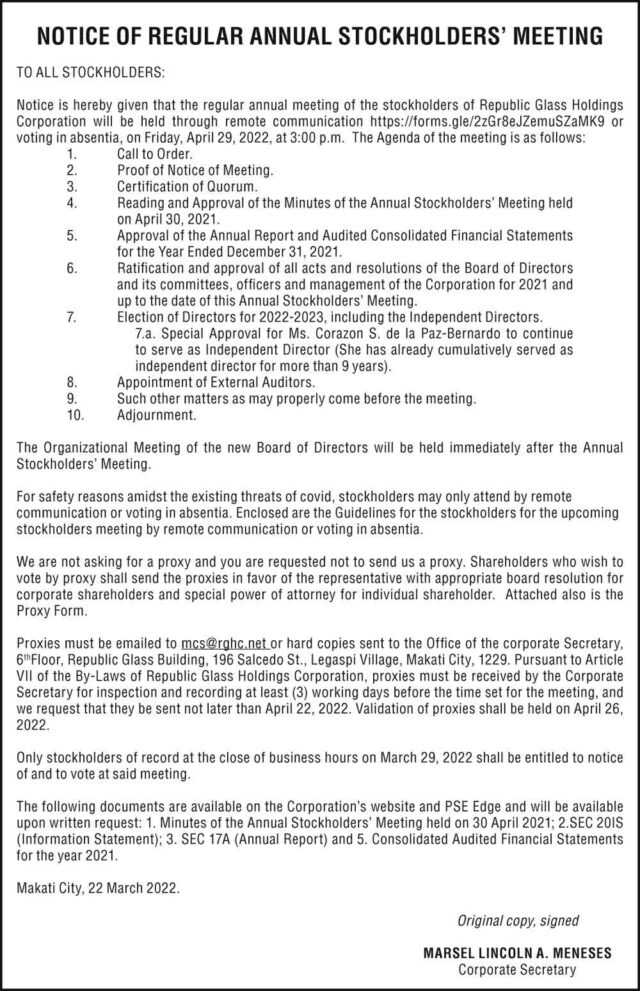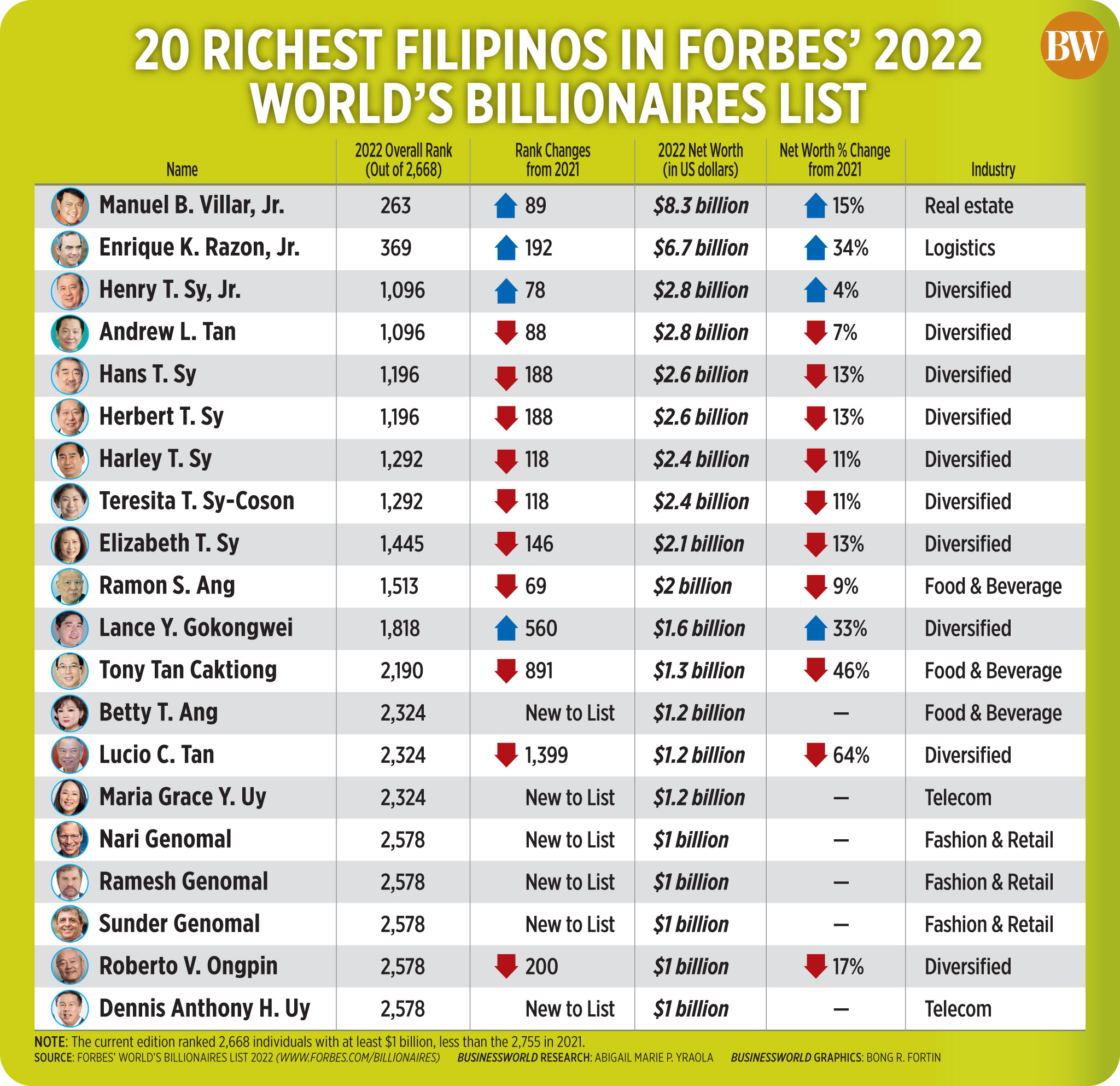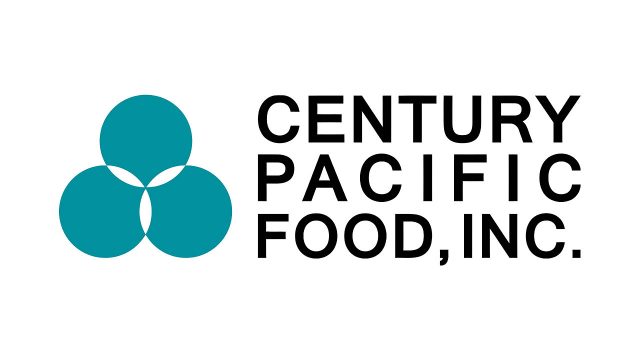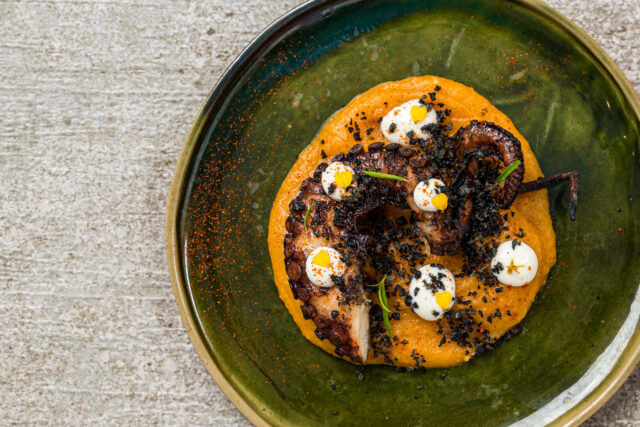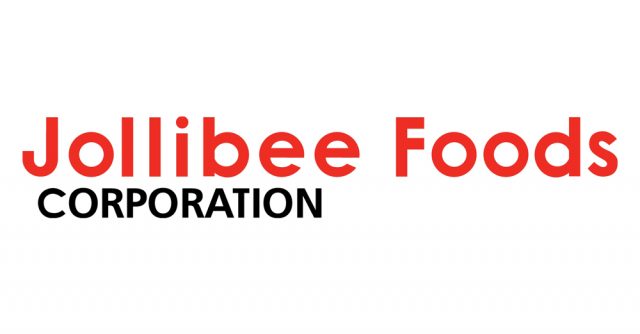Chele Gonzalez takes over Samira in Tagaytay’s Anya Resort
IT’S BEEN quite a busy month for Chele Gonzalez. Just about a week ago, Mr. Gonzalez’s Gallery by Chele landed at No. 69 on the Top 100 list of Asia’s 50 Best Restaurants for 2022. That same week, he started to helm Samira, the restaurant at Tagaytay’s quietly luxurious Anya Resort.
Mr. Gonzalez had been in talks with Anya for two years to take over the restaurant, but the Taal eruption and the pandemic lockdowns of 2020 had prevented this. But now it is up and running.
Last Saturday, BusinessWorld and a handful of media guests trooped up to Anya to see Mr. Gonzalez’s latest venture.
“It’s a shared passion, a shared passion to do great things… It’s all about what new heights you want to achieve together,” says Santi Elizalde, President of Roxaco Land and AHG Philippines (Anya Hospitality Group) about the partnership with Mr. Gonzalez in a statement.
“We wanted to level up the dining experience we offer at Samira, to match what we believe to be a great experience we offer here at Anya,” said Mikel Arriet, general manager of Anya Resort Tagaytay, speaking about the reason for the timely partnership in the same statement.
SIX DELICIOUS COURSES
The guests that Saturday sat down to a six-course preview of what the restaurant’s set menu has to offer. The meal began with starters — foie gras and mango waffle, seafood crisp rice cracker, chorizo donuts, and bulalo (bone marrow) tacos. The foie gras, the seafood crisp (like a crab salad on a brown rice cracker), and the chorizo donut were every bit a dream for aspirational ladies-who-lunch, with that luxurious country club favor one might be looking for in a place like Anya. The bulalo taco, made with shredded beef, corn puree, and pickled cabbage and onions, was a zing of genius. It was like a whole meal in a single bite, expressing both tradition and innovation, all in a nice, neat package.
Next came a Coconut Ceviche made with red snapper, Tiger’s Milk (leche de tigre; a Peruvian marinade), calamansi (a local citrus), coconut, roasted cashew, and corn and basil. A pairing with a 2020 Albarino Atlantico completed the ceviche like another dressing, and the ceviche itself had a lively flavor given even more zest with the wine pairing.
While we were given two menu choices for lunch (another menu would have included stew), we stopped reading that as soon as we saw that Grilled Octopus with Aioli, with paprika parmentier and black breadcrumbs was on the menu we picked. It was the best decision we made that day. The octopus tentacle was still as salty, as if it had been plucked out of the sea just that minute. It was perfectly tender and yielding, and the charred flavor lent it the story that it had been done on a seaside bonfire (instead of within sight by the glass-walled kitchen). It’s almost a pity to swallow, and I do remember a hint of sadness at chewing my first bite too fast, and seeing less and less of my octopus tentacle on my plate. This is really something to savor, and this by itself made the drive to Tagaytay worth it.
Next came a pan-seared salmon — that was quite tasty, but the octopus really was a difficult act to follow. No matter, a Duck with Porcini and Truffle Risotto followed, the truffle itself grated by hand by Mr. Gonzalez over our plates. It was appropriately luxurious, but definitely earthy and aggressive. A Grilled US Angus Beef Tenderloin had the same qualities, and it was really hard to refuse the vision of charred red cabbage, truffles, and mushroom jus.
The meal ended with Buko Pie in Textures, with Mr. Gonzalez reimagining the familiar Tagaytay buko (young coconut) pie as buko panna cotta, and buko flesh complimenting a latik (cooked coconut milk curd) ice cream, on a bed of breadcrumbs.
“I want to be approachable here,” said Mr. Gonzalez during an interview with BusinessWorld. “I want to try to offer something in Tagaytay that is new,” he said.
He mentioned that a Boracay restaurant is in the works.
Asked what he wants people to feel after eating his food, he said, “I want to be exciting. I want to be creative. I want to be fun. I want to be interactive.
“I think any chef wants this at the end: to make people who leave your table happy.”
AWARDS AND ACCOLADES
Asked how he felt about his consistent placement on Asia’s 50 Best list, Mr. Gonzalez said, “For me, accolades come and go.”
“Before, when I started to be a chef, I would never have thought that I’m going to be 35th best in Asia, for example (he earned that spot in 2017)… I think, right now, I’m much more relaxed in that sense,” he said. “I’m very happy to be in Asia’s 50 Best, and I will be very happy (even) if I’m not in Asia’s 50 Best.”
He explained that he had reached Nos. 35 and 39 on the list, “And then I dropped.” The list only started recognizing restaurants that ranked 51-100 last year.
“What I learned is your happiness, it cannot be because of the awards… That is what I learned: to also manage success. To have an accolade is extra. It makes me more recognized. But that is not the point to be happy, or not happy.”
The culinary scene in Manila has evolved a lot since he opened Vask almost 10 years ago in 2013, still, it has yet to catch the eye of international foodies. “The Philippines is still a little bit out of their radar. People don’t fly to eat that much here yet. There are many things that are out of our control,” he said.
“What’s happening in the Philippines right now is a revolution in terms of the restaurants, and food, and everything. We are now in a very sweet moment, and we’re going to move so much in the next years.”
BAD DAYS
Observing Mr. Gonzalez through the kitchen, one might ask if a person like him ever has a bad day at work. But he has had it tough.
“I have been trained in one of the hardest kitchens,” he said.
Mr. Gonzalez was talking about his time in El Bulli, which had been the world’s top restaurant before its 2011 closure, and was one of the pioneers of molecular gastronomy. “When I was in El Bulli, people who were in the military told us that El Bulli was even [tougher] than the army. I’m coming from a very, very intense training,” he said. With a laugh, he added: “In the kitchen.”
“What is a bad day for you in your life? The same.” — Joseph L. Garcia

